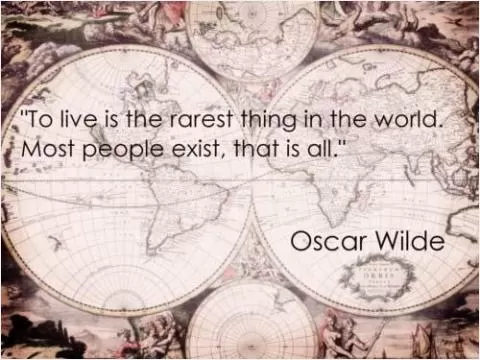A sentimentalist is a man who sees an absurd value in everything and doesn't know the market price of any single thing

A sentimentalist is a man who sees an absurd value in everything and doesn't know the market price of any single thing
Oscar Wilde, the renowned Irish playwright, poet, and author, was known for his wit, humor, and keen observations on society. One of his famous quotes, “A sentimentalist is a man who sees an absurd value in everything and doesn't know the market price of any single thing,” perfectly encapsulates his views on sentimentality and the superficiality of society.Wilde was a master of satire and often used his works to critique the societal norms and values of his time. In this quote, he is poking fun at sentimentalists who place exaggerated importance on trivial things and fail to see the true worth of objects or experiences. Wilde believed that sentimentality was a weakness, a sign of shallow thinking and a lack of understanding of the world.
For Wilde, the market price of something was a reflection of its true value in society. He believed that sentimentality clouded one's judgment and prevented them from seeing things as they truly were. In his works, Wilde often portrayed characters who were blinded by their emotions and desires, leading to their downfall.
In "The Picture of Dorian Gray," Wilde explores the consequences of vanity and the pursuit of beauty at any cost. The protagonist, Dorian Gray, becomes obsessed with his own image and is willing to sacrifice everything for eternal youth and beauty. Wilde uses Dorian as a cautionary tale, warning against the dangers of sentimentality and the pursuit of superficial pleasures.
Wilde's quote also reflects his own views on art and aesthetics. He believed that true art should be appreciated for its intrinsic value, not for sentimental reasons. Wilde was a proponent of the Aesthetic Movement, which emphasized the importance of beauty and art for art's sake. He believed that art should be valued for its own sake, not for any sentimental or moral reasons.












 Friendship Quotes
Friendship Quotes Love Quotes
Love Quotes Life Quotes
Life Quotes Funny Quotes
Funny Quotes Motivational Quotes
Motivational Quotes Inspirational Quotes
Inspirational Quotes